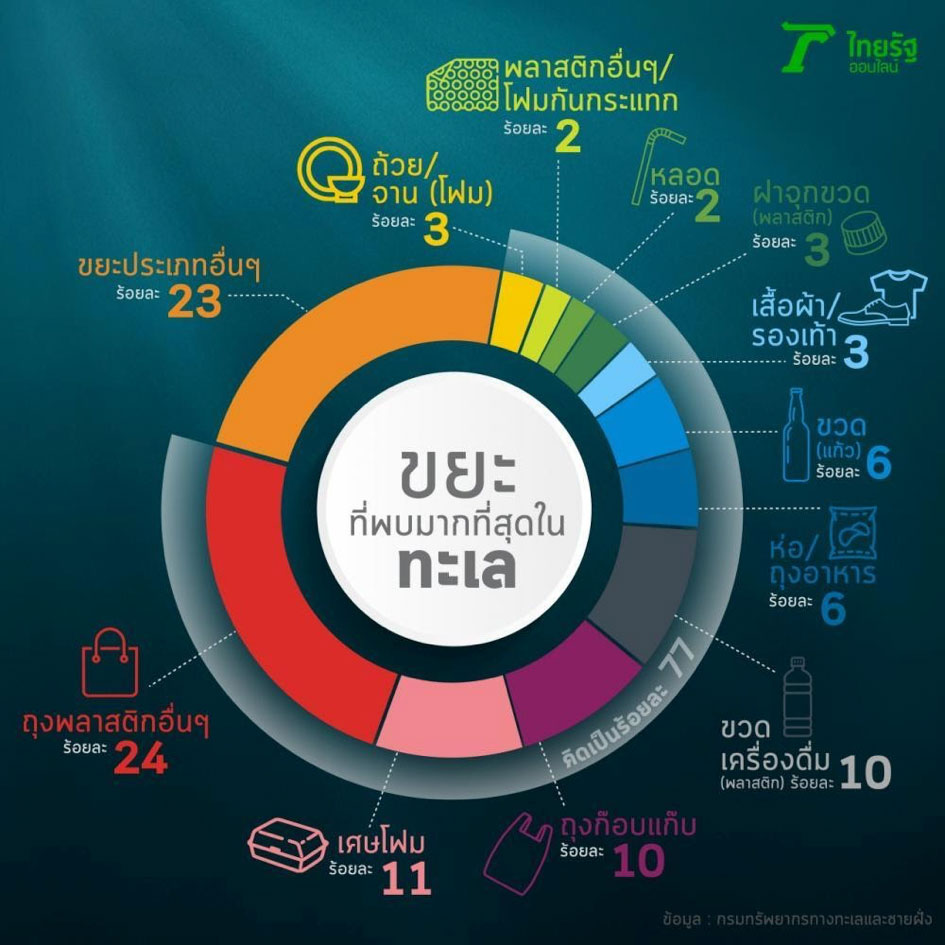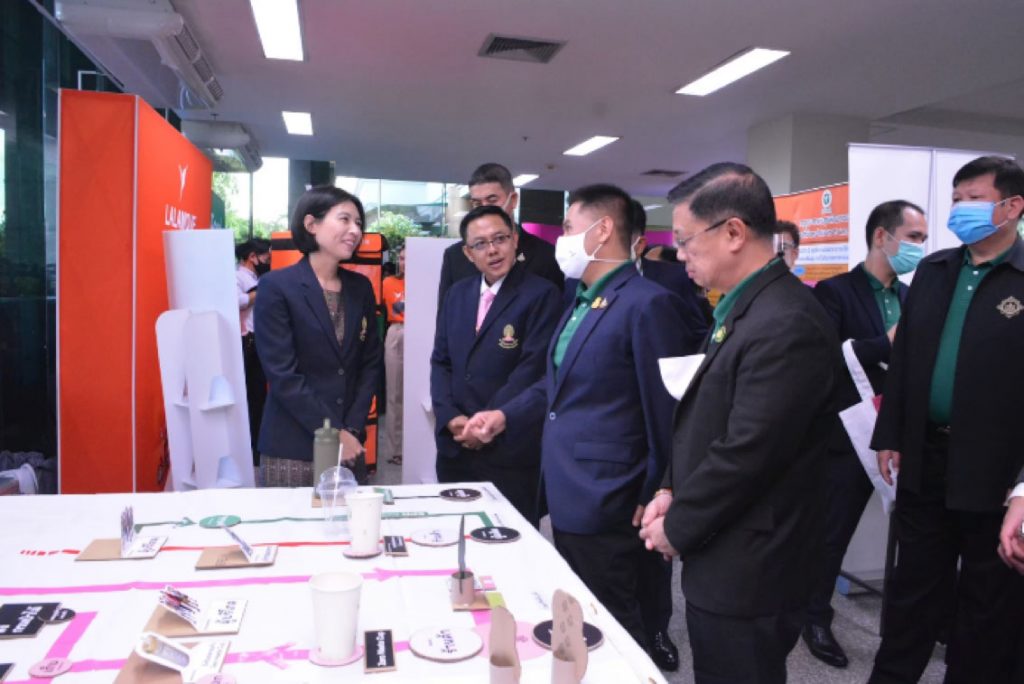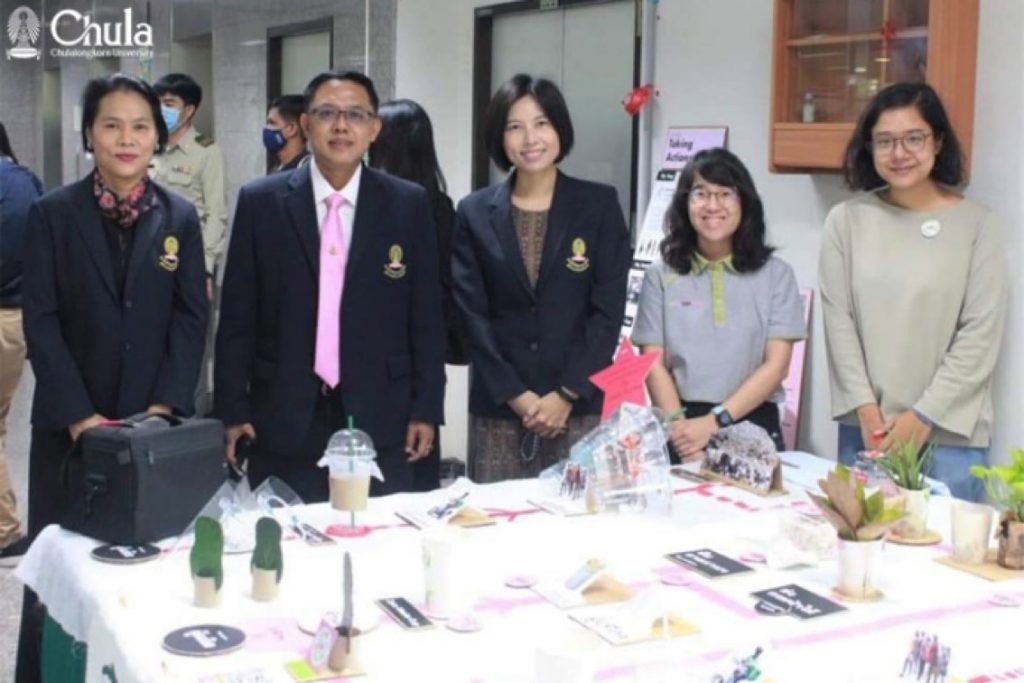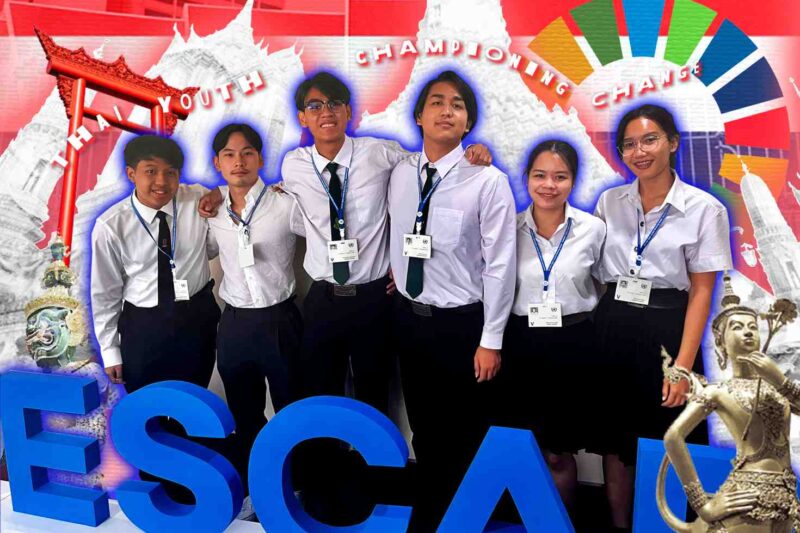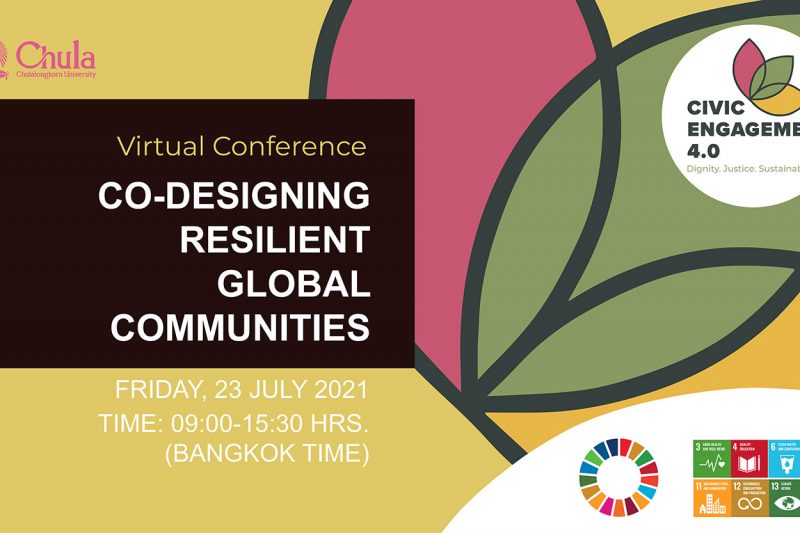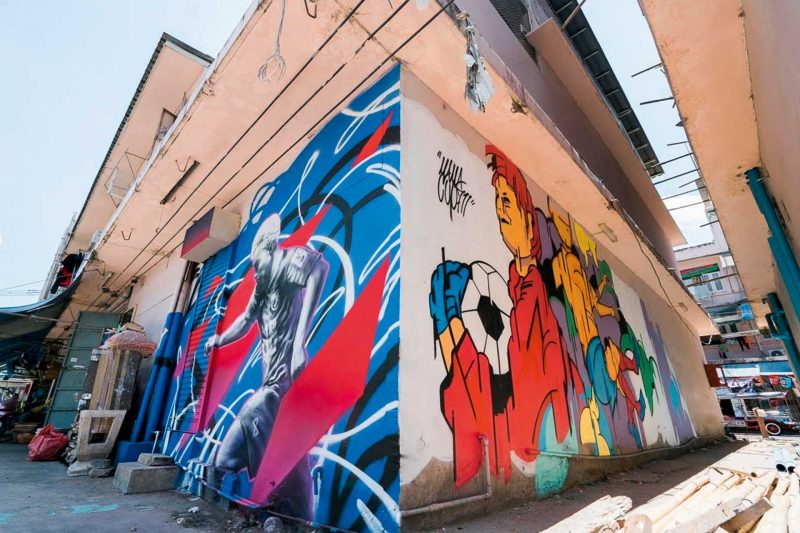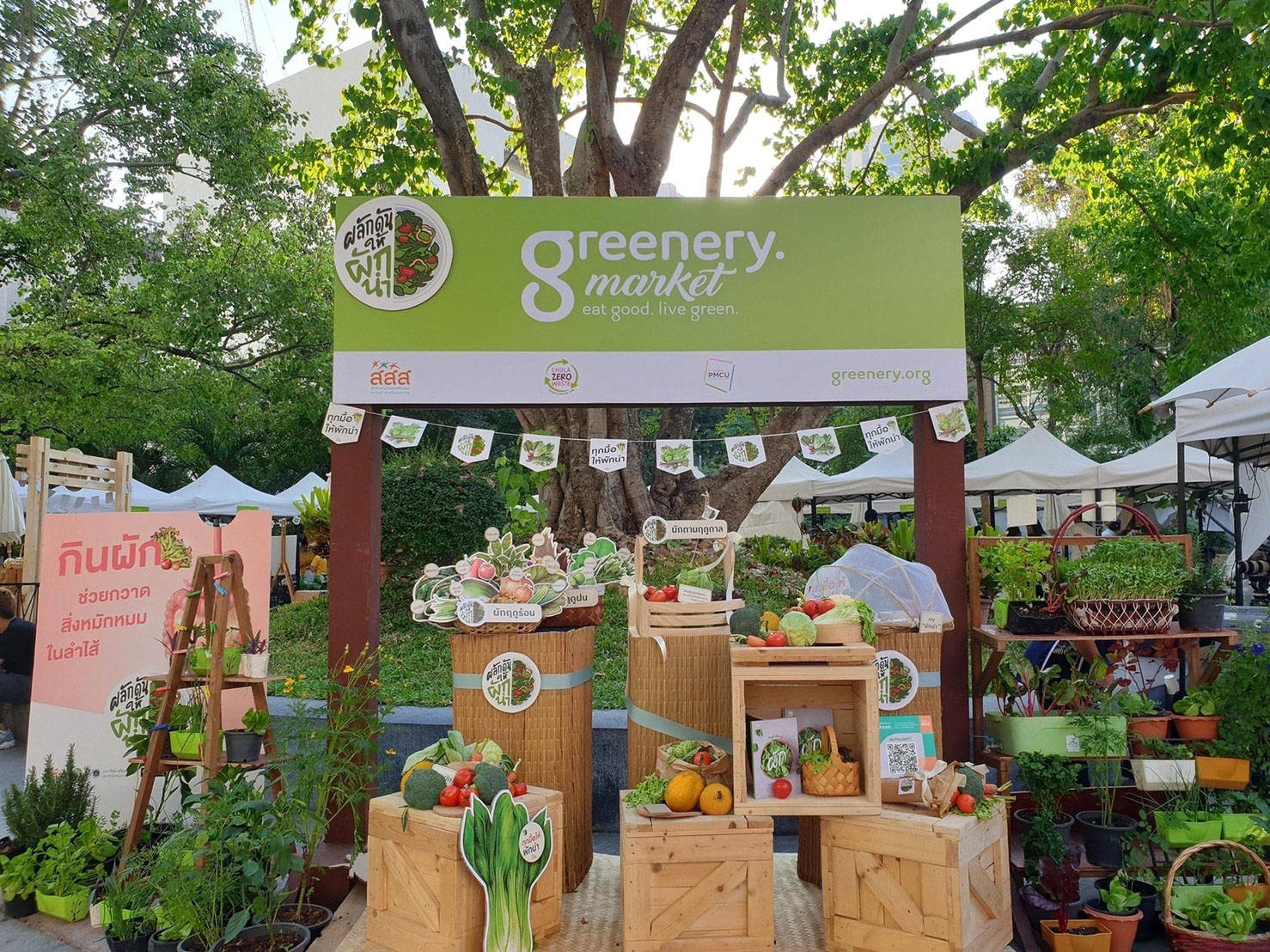CU suggests solving marine debris pollution on land and advises Thai government to take control in the single use of plastic in food delivery service.
Plastic waste in food delivery service has become a major problem in the city, especially after the authority ordered the Covid-19 lockdown in order to control the spread of the virus forbidding people from eating out. As a result, food delivery business grew significantly. Unfortunately, the business has been causing a major problem in marine ecosystem due to the large amount of waste caused by the single use of plastic containers. The containers are disposed right after the food is consumed and so are not clean and contaminated; thus, difficult to be recycled. Waste problem in Thailand has become quite a challenge to the authorities and other related parties. If there is still no solution to the problem, the large amount of plastic waste will likely destroy the environment and contaminate the sea worsening the marine debris pollution. These plastics such as, plastic bags, plastic straws, foam box, plastic glasses, and bottle plastic lids, are among the top 10 marine debris found in the coasts and waters of Thailand.
Environmental Research Institute at Chulalongkorn University (CU) is an organization that launched Chula Zero Waste Project which changed Thai people’s attitudes and behaviors about waste management in last 5 year. Dr.Sujittra Wassanadamrongdee together with doctorial students pointed out the marine debris pollution problem caused by food delivery service to the Development of Plastic and Electronic Waste Management Mechanisms Working Committee on 15 November 2021 in hope to prevent these waste on land from causing more problems to the sea. Afterwards, the Pollution Control Department, Ministry of Natural Resources and Environment invited Online Delivery Platform entrepreneurs, related public authorities, and the Environment Research Institute to discuss the solutions to manage plastic waste in food delivery service. It leaded to MOU on September 30, 2020.
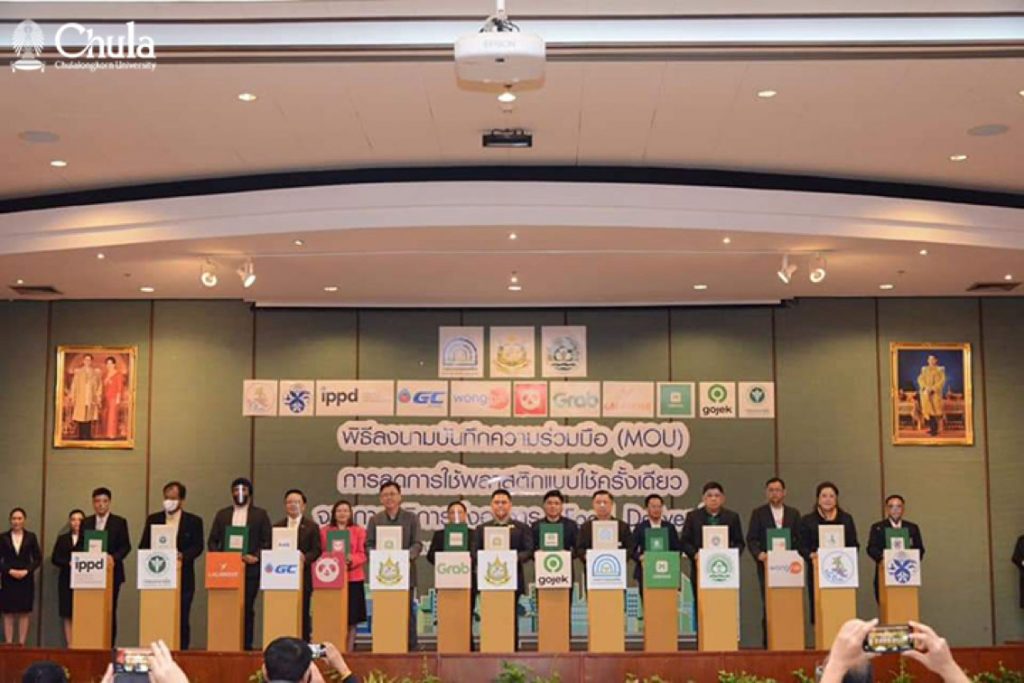
Chulalongkorn University (CU) as a part of the MOU, has applied all policies to make a concrete result in Thailand. They also followed up and reported to the Plastic and Electronic Waste Management Committee every three months. Moreover, they also disclosed consumers’ opinions from their survey regarding other related issues. They then put them together and published two articles on “Plastic Waste in Food Delivery Service” in the Environmental Journal so that they could be used as academic references as well as to create an awareness among the authorities in Thailand. This is yet another role that helps drive the conservation and restoration of the ocean and marine natural resources in Thailand through a nation-level policy in line with the ASEAN Regional Action Plan for Combating Marine Debris.
BY
Environmental Research Institute, Chulalongkorn University
Related articles:
Others

